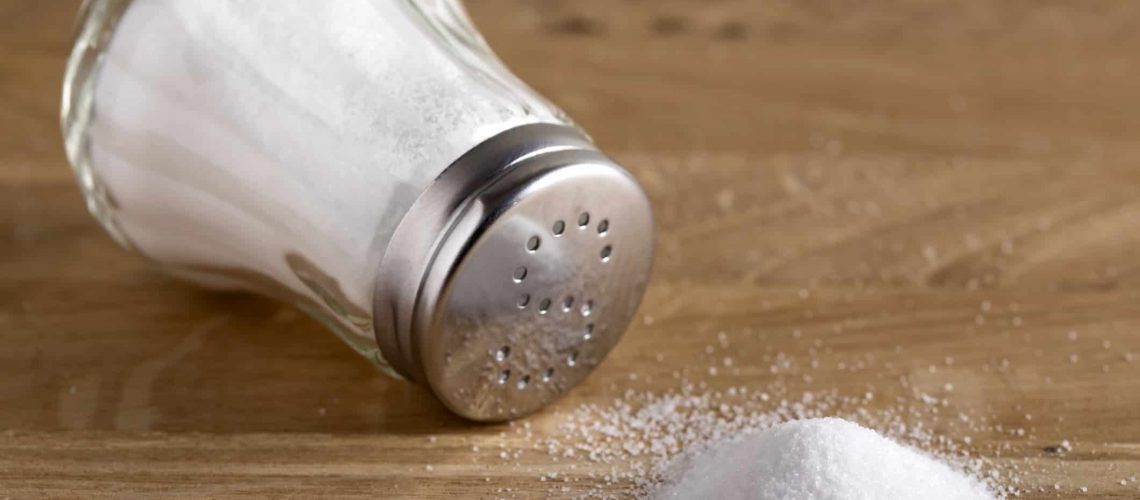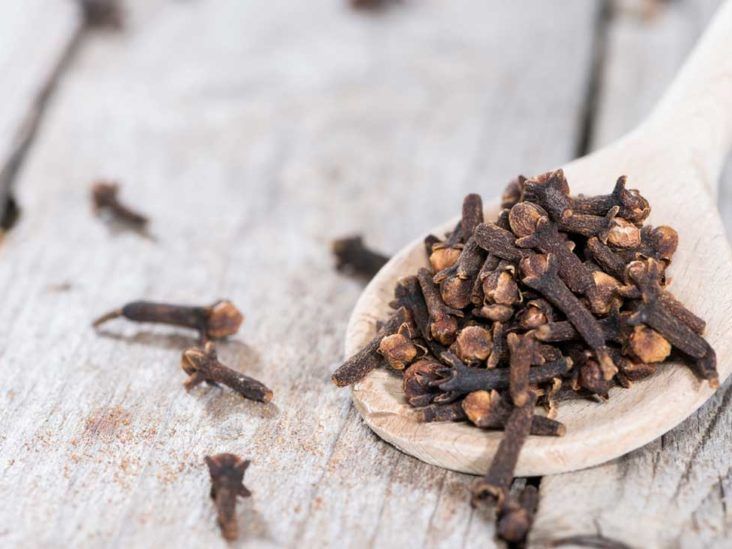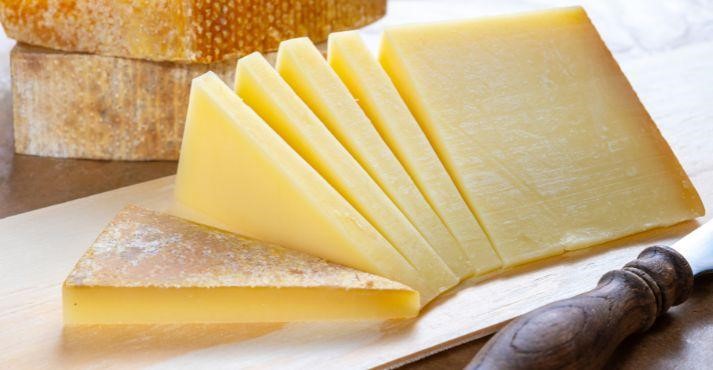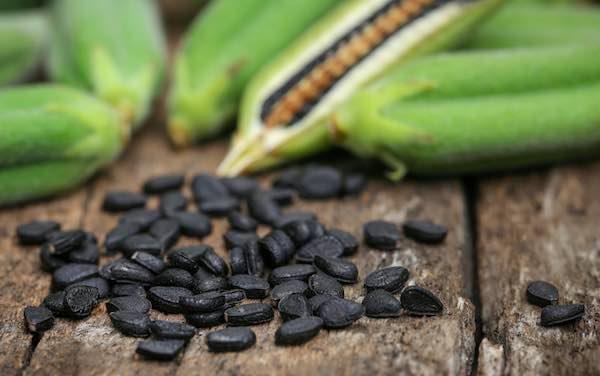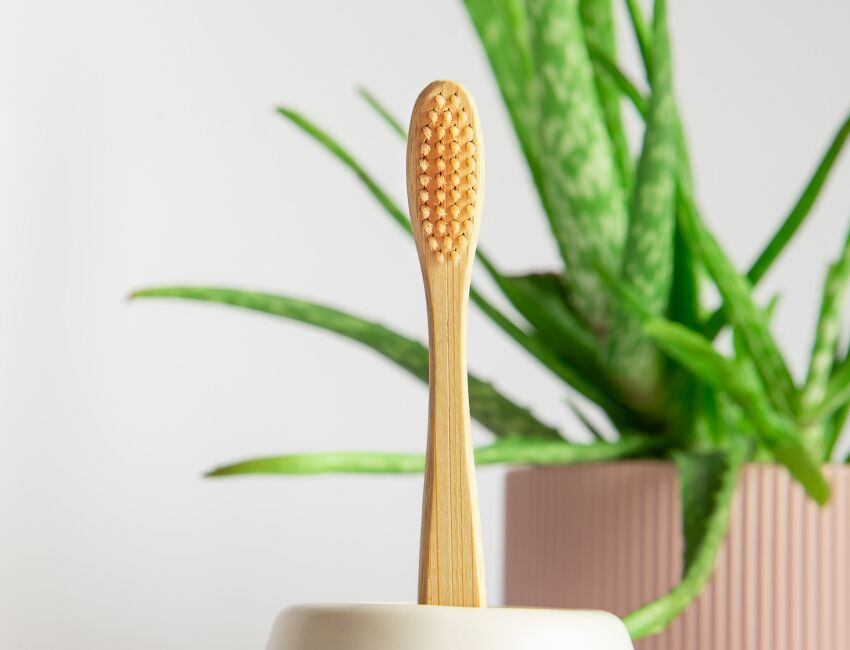
10 Natural Ways to Remove Tartar From Teeth
Restore Your Sparkling Smile: A Natural Guide to Removing Tartar at Home
Has the shade of yellow on your teeth ever made you hesitant to share a full-blown smile? Or perhaps discoloration has left you feeling self-conscious during social interactions? If you’ve ever felt this way, you’re certainly not alone. Many of us want to restore the natural whiteness of our teeth and feel more confident with our smiles.
But what’s behind this unsightly staining?
The Culprit: Tartar
Enter tartar: the primary offender. Tartar is made up of tough layers of calculus deposits that cling determinedly to your tooth enamel. It doesn’t just settle on the surface; tartar can creep down to your gum line, increasing your risk of gum disease. It forms when plaque, a sticky film of bacteria and food residue, hardens on your teeth. If left unchecked, plaque turns into tartar, giving your teeth an unsightly yellowish-brown tint.
The problem with tartar is that it acts as a magnet for more plaque. Despite rigorous brushing and flossing, removing plaque once it hardens into tartar can become incredibly challenging. However, there is hope! If you’re wondering how to remove plaque and tartar naturally, there are easy home remedies you can try. These natural methods are effective and straightforward—so why wait? Discover these natural techniques and let your smile shine brighter than ever!
10 Natural Remedies to Remove Tartar at Home
If you only have minor tartar and plaque accumulation, you can easily remove it with any of the natural remedies advised by dental experts. Let’s explore these organic techniques:
Baking Soda

Ever wondered how that humble box of baking soda in your kitchen can help with your dental health? Baking soda, or sodium bicarbonate, is a natural abrasive that scrubs off pesky tartar deposits. Plus, its alkaline properties neutralize acids in your mouth, creating an inhospitable environment for harmful bacteria.
How to Use? Mix a small amount of baking soda with water to form a paste. Gently brush your teeth with this paste a few times a week. Be careful not to overdo it, as excessive use can wear down your enamel.
Aloe Vera

Aloe vera is well known for its soothing properties, but did you know it can also promote oral health? Aloe vera contains an anti-inflammatory compound called anthraquinone, which helps remove tartar and prevent it from forming.
How to Use? Extract fresh gel from an aloe vera leaf. Apply it on your teeth and gums, let it sit for 10 minutes, then rinse. Daily use can result in noticeable tartar reduction.
Salt

Salt, the age-old remedy for a sore throat, is also great for your teeth. It acts as a natural disinfectant that eliminates bacteria contributing to tartar buildup.
How to Use? Gargle with warm salt water or use it as a rinse after brushing. Its natural abrasive quality can help scrub away tartar, but be gentle!
Vinegar
Vinegar, especially white or apple cider, can prevent the mineralization of plaque into tartar. Although it may not be your favorite flavor, its benefits are well worth it.
How to Use? Mix two teaspoons of vinegar with one cup of water and use it as a mouth rinse once a day. This can help reduce tartar and freshen your breath over time.
Fruits

Fruits rich in vitamin C, like strawberries and oranges, can prevent bacteria from binding to the teeth, thereby reducing tartar formation.
How to Use? Crush a few strawberries to make a paste and brush your teeth with it. Alternatively, rub an orange peel directly on your teeth before sleeping—just remember to rinse in the morning!
Oil Pulling

This ancient Ayurvedic practice involves swishing oil (typically coconut or sesame) in your mouth to draw out toxins, reduce inflammation, and help reduce tartar.
How to Use? Swish a tablespoon of oil in your mouth for 10-20 minutes, then spit it out and rinse with warm water. This daily ritual can soon transform your dental health.
Cloves

Spices can be a part of your dental hygiene regimen! Cloves are known for their antiseptic properties, which can help eliminate oral bacteria.
How to Use? Chew on a clove bud or mix powdered cloves with olive oil and apply it to tartar-prone areas.
Tomatoes

Tomatoes, with their alkaline nature, can help neutralize the acidity in your mouth, reducing tartar buildup.
How to Use? Place slices of ripe tomato on your teeth for a few minutes, then rinse. Bonus: it’s a tangy treat while you care for your teeth!
Cheese

Cheese is more than a delicious treat—it’s high in calcium and can neutralize the acids in your mouth, reducing tartar formation.
How to Use? Munch on a piece of hard cheese, like cheddar, after meals. It also aids saliva production, which naturally cleanses the mouth.
Sesame Seeds

Sesame seeds act like tiny toothbrushes, scrubbing off plaque and tartar as you chew.
How to Use? Chew a handful of sesame seeds, then use a dry toothbrush to brush your teeth while the seeds are still in your mouth. It’s a fun and crunchy way to a cleaner smile!
Other Effective Tips for a Bright, Tartar-Free Smile
Water Flossers: More effective than string floss, water flossers can remove dirt lodged in hard-to-reach areas of your mouth.
Healthy Diet: Incorporate plenty of fruits and vegetables and reduce sugar intake, which can lead to tartar and cavities.
Whitening Strips: These strips contain hydrogen peroxide, which is highly effective for tartar removal.
Targeted Dental Products: Use products aimed at tartar control, like tartar-control toothpaste, alternative toothpaste with baking soda, and mouthwashes containing green tea extracts.
How Does Tartar Affect Teeth and Gums?
Tartar weakens both teeth and gums, leading to several negative health impacts:
Tooth Decay: Plaque—the precursor of tartar—promotes bacterial growth, which leads to tooth decay and cavities.
Discolored Teeth: Tartar makes the tooth surface more porous, making your teeth prone to staining from food and drinks.
Bad Breath (Halitosis): Tartar traps bacteria that produce sulfur compounds, leading to foul-smelling breath.
Gum Disease: Tartar buildup can lead to gum inflammation, gingivitis, and eventually periodontitis if left untreated.
When to See a Dentist
If tartar buildup becomes too severe, natural remedies may no longer be effective. In such cases, a visit to your dentist for professional cleaning, which includes scaling and root planing, is the best solution. This treatment removes both plaque and tartar while killing bacteria that have seeped into the gum pockets.
Tips to Prevent Plaque and Tartar Build-up
Brush at least twice a day with a soft-bristled brush.
Floss or use a water flosser to clean interdental spaces.
Use toothpaste with fluoride and antibacterial mouthwash.
Visit your dentist twice a year for early detection and treatment.
Maintain a healthy diet and quit smoking for optimal dental health.
Ready to Smile Brighter?
Tartar can be detrimental to your oral health, but with the right measures, you can treat it or even prevent it from impeding your dental well-being. Take the time to maintain your teeth at home using these natural methods, or seek help from a professional if needed. A beautiful, healthy smile is always worth the effort!




